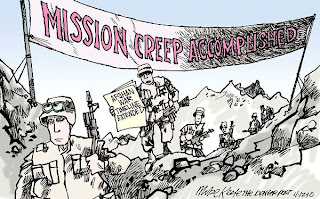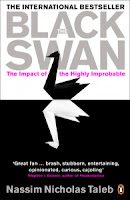OMG! Why did the Oxford English Dictionary include OMG?

Because the OED tries to reflect the language as spoken and written. English is as Richard Lederer pointed out 'the most democratic language in history'. To learn about the process by which words are selected see this interview with the OED editor. Oxford Dictionary of English Concise Oxford English Dictionary: 11th Edition Revised 2008 Shorter Oxford English Dictionary: Sixth Edition








